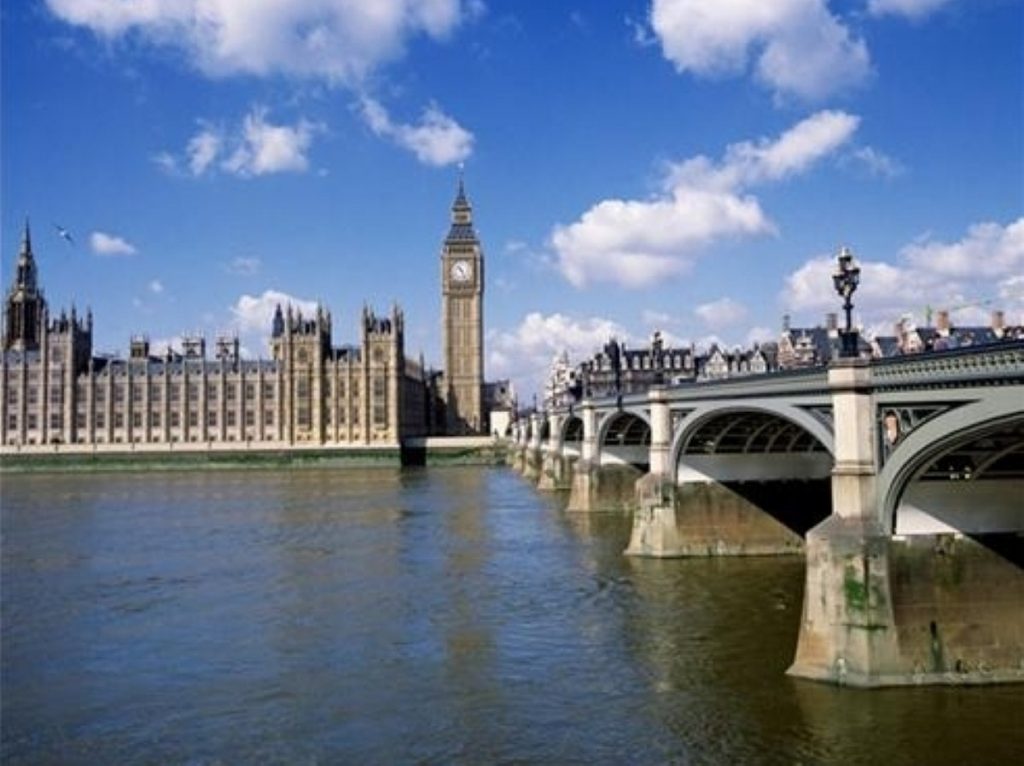Anger growing over fixed-term ‘stitch-up’
By politics.co.uk staff
The coalition government’s plan to prevent either the Conservatives or Liberal Democrats walking out before 2015 is attracting criticism from all sides.
David Cameron responded in Holyrood this afternoon by arguing that abandoning the prime minister’s traditional right to call a snap election at any time was a “big giving-up of power”. He said it would result in “strong and stable government”.
Under the terms of the coalition agreement the government will legislate to introduce fixed-term parliaments of five years. A dissolution of parliament will only take place earlier than that if 55% of MPs support it.


As the Tories have 47% of the Commons’ MPs and the Lib Dems and other parties combined only have 53%, the 55% threshold means neither party are guaranteed to win a dissolution vote.
Labour politicians have attacked the deal, saying it is unconstitutional. Under existing conventions a majority of one is needed for the government to lose a vote of confidence, which usually forces the prime minister to either resign or go to the country.
“You then get the extraordinary position where parliament could not be dissolved… but government would be completely unworkable,” Mr Straw said.
Queen Mary University historian Peter Hennessy said the move looked as if the government were “queering the pitch” in their favour.
And there are reports some Tory backbenchers, including David Davis, may be opposed to the move.
But Professor Robert Hazell, director of University College London’s constitution unit, told the Today programme that in Scotland, Wales and Northern Ireland a two-thirds majority is required for dissolution.
“It’s not some constitutional monstrosity to have a slightly higher threshold,” he said.
Mr Cameron said the 55% proposal would receive scrutiny in the House of Commons and said the government would press its case more fully then.
“We have argued the case for 55%. If you want a fixed-term parliament, you have to have a mechanism to deliver it,” he added.









